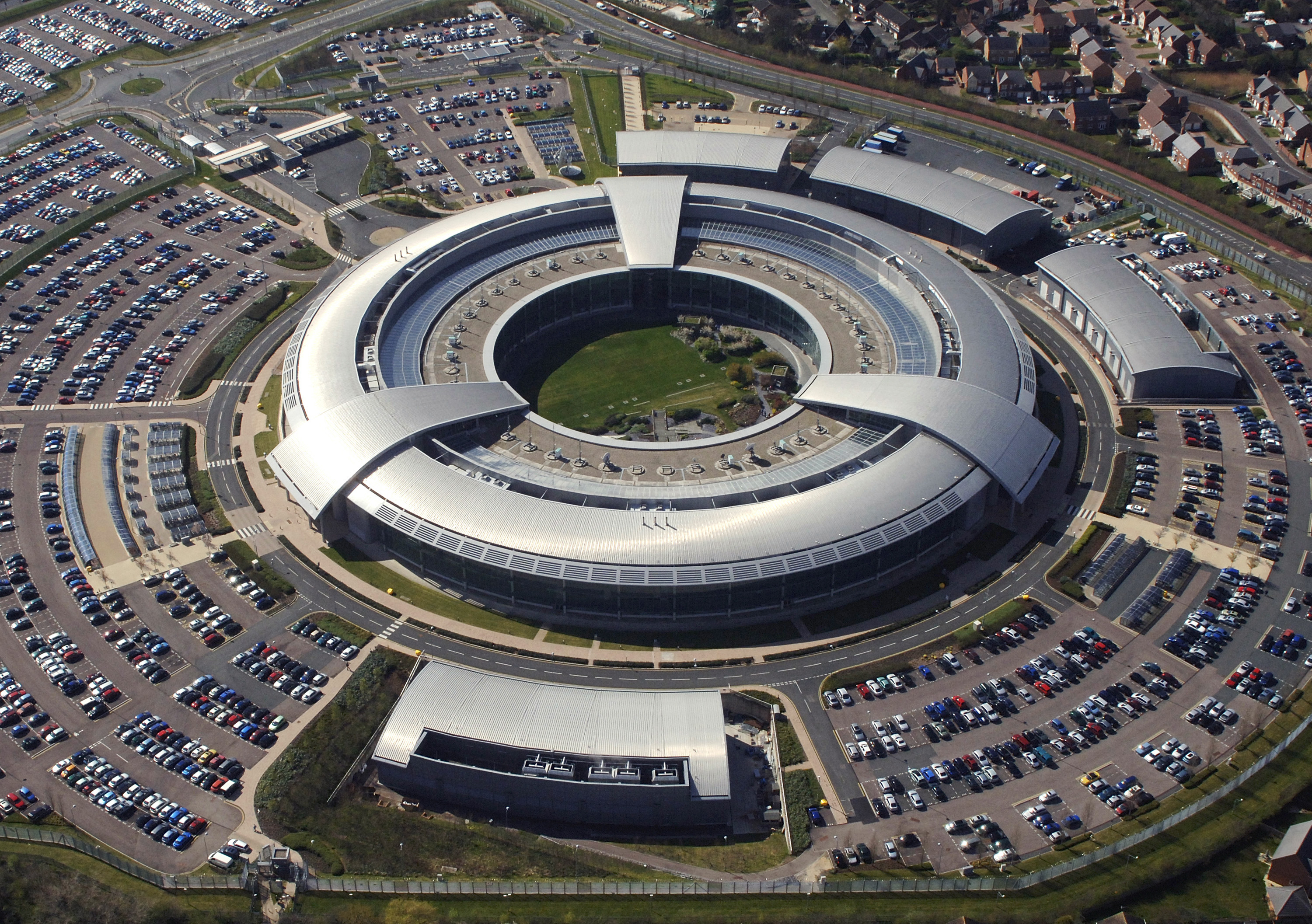The government is planning to expand the UK’s offensive cyber-war capabilities by approximately fourfold with a new cyber warfare unit amidst increased threats from the likes of Russia, North Korea and Iran.
The government confirmed it and spy agency GCHQ are working to counter cyber-threats from “a range of hostile actors”.
An agreement over the proposed new unit is close, but has been delayed by a row within the government over military funding, according to a weekend report by the Financial Times.
Citing two unnamed sources familiar with the plans, the paper said the new unit would be staffed by more than 2,000 operatives from GCHQ and the UK’s armed forces.

Cyber boost
It hasn’t yet been decided what part of the government would have ultimate command over the unit, but it may reportedly be based partly at the RAF’s Wyton base near Cambridge, which already hosts some intelligence operations.
The plan would greatly expand Britain’s existing offensive cyber-war programme, a joint initiative staffed by about 500 officers from the Ministry of Defence and GCHQ and run out of GCHQ’s Cheltenham headquarters.
An official quoted by the FT said plans were being held up because of the project’s complexity and the large numbers of staff involved.
One official said the unit would be funded at a level of “hundreds of millions of pounds”.
Expanded capabilities
The current government has invested in expanding the UK’s cyber-security forces, including the foundation of the National Cyber Security Centre (NCSC), which operates under GCHQ but is based in London.
In a statement provided to the FT, the government said the Ministry of Defence and GCHQ were “committed to continuing to invest in (cyber), given the real threats the UK faces from a range of hostile actors”.
The exact nature of the UK’s offensive cyber weaponry is a closely guarded secret, but in a submission to a report last December by parliament’s intelligence and security committee, GCHQ said the capabilities of its cyber unit extended to “the high end of counter state offensive cyber capabilities”.
“We actually over-achieved and delivered (almost double the number of) capabilities (we were aiming for),” GCHQ said in the report.
In April the government said it had carried out a cyber-attack on the ISIL or Islamic State militant group.
In 2013, documents released by whistleblower Edward Snowden indicated GCHQ worked with the US’ NSA on hacking Belgian telecoms and internet provider Belgacom, whose customers include central European Union agencies such as the European Commission and the European Parliament.





